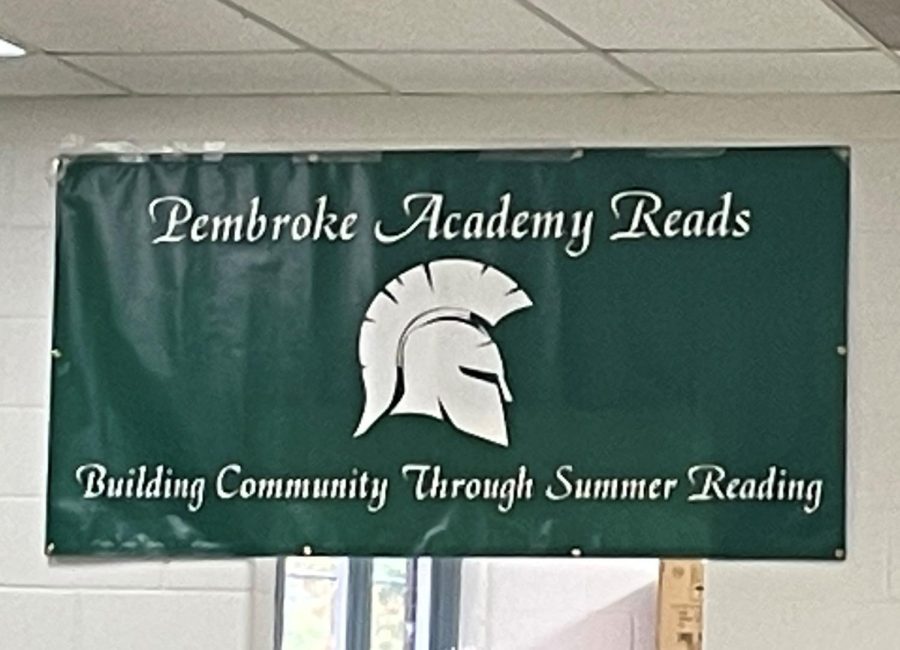Summer reading undergoes a make-over
October 17, 2022
While the summer reading program has been a requirement for PA students for roughly 20 years, the program was overhauled for the 2022-23 school year.
In the past, students and staff were asked to read a community book during the summer, and students then had to choose a second book from a small list. Upon returning in the fall, students would either take a test, or complete a project on the books to earn 2.5 credits as an Extended Learning Opportunities.
Many students complained about the limited choice of books, so a group of faculty and administrators decided to make significant changes, having each faculty member choose a book to read and allowing students to choose a title from this expanded list.
On Sept. 9, the reading groups met with the faculty member leading them. The faculty member then assessed the students based on an activity chosen by the teacher.
“A group of teachers and administrators were concerned about dropping numbers of summer reading completion and believed that this could be shifted into an even stronger community building activity,” said the director of curriculum, instruction and assessment Ms. Parkinson.
Ms. Parkinson added that the new program got off to “a good start.”
“Change takes time, and we have areas we want to adjust,” she said. “However, the number of students successfully gaining credit increased from 160 to almost 400.”
She believes the extra choices encouraged more students to read, although this was “a lot more work for teachers.”
Many students believe that summer reading is important, but quite a few students still didn’t participate. Meanwhile, most students who did appreciated the broader choice of books.
“I enjoyed having more choices. I could read what I wanted to, rather than what was selected for me,” said senior Nathan Clouthier.
Students also said that they enjoyed the change of assessments, adding that the new assignments were more creative. Some of the new assessments included giving characters from the book awards, Socratic seminars and a crime scene simulator.
One goal of summer reading is to keep students’ minds active during the summer break. “I believe it is important for students to have a break, but reading is healthy,” said junior Gavin Currier.
However, not every student found the new approach helpful. Senior Amelia Gullo was one of them.
“I prefer the summer reading the way it was before, only because with the new way, we have to start a project right in the beginning of the school year, and that can be a lot harder, especially for upperclassmen,” Gullo said.
Gullo said she enjoyed the old program, where students had the option of working on the project in the summer without the stress of beginning their new classes.


